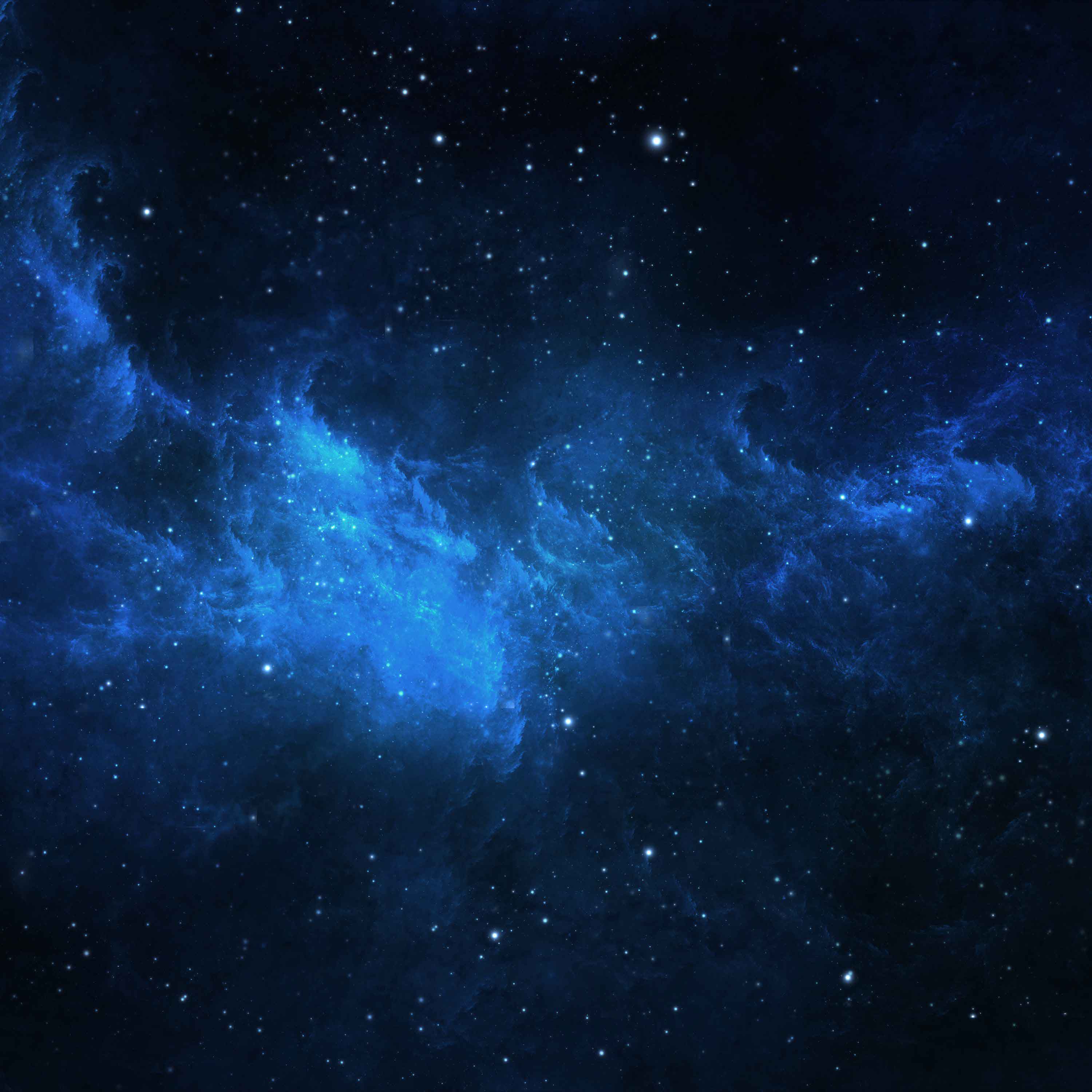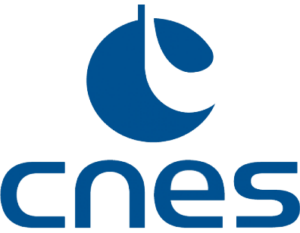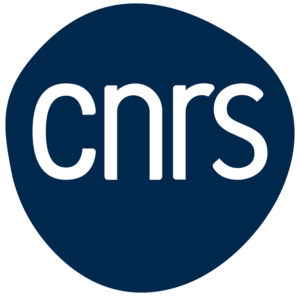

- This event has passed.
GECO cosmo circle
28 June à 15h00 - 16h00
Friday the 28th of June at 3pm we will have the pleasure to hear at Martin Karcher (LAM) presenting his paper:
“Towards an optimal marked correlation function analysis for the detection of modified gravity”
Which abstract is:
“Modified gravity (MG) theories have emerged as a promising alternative to explain the late-time acceleration of the Universe. However, the detection of MG in observations of the large-scale structure remains challenging due to the screening mechanisms that obscure any deviations from General Relativity (GR) in high-density regions. The marked two-point correlation function offers a promising approach to potentially detect MG signals. This work investigates novel marks based on large-scale environment estimates but also that exploit the anti-correlation between objects in low- and high-density regions. This is the first time discreteness effects in density-dependent marked correlation functions are investigated in depth. We assess the performance of various marks to distinguish GR from MG by using the ELEPHANT simulations, comprised of realisations of GR as well as f(R)
and nDGP gravity. In addition, discreteness effects are studied using the high-density Covmos catalogues. We establish a robust method to correct for shot-noise effects that allows the recovery of the true signal with an accuracy below 5% over a wide range of scales. We find such correction to be crucial to measure the amplitude of the marked correlation function in an unbiased manner. Furthermore, we demonstrate that marks, anti-correlating objects in low- and high-density regions, are among the most effective in distinguishing between MG and GR. We report differences in the marked correlation function between f(R) with |fR0|=10−6 and GR simulations of the order of 3-5σ in real space up to scales of about 80h−1Mpc. The redshift-space monopole exhibits similar features and performances. The combination of the proposed tanh-mark with shot-noise correction paves the way towards an optimal approach for the detection of MG in current and future galaxy spectroscopic surveys.”
It will take place in the Mistral meeting room on the second floor at LAM.



